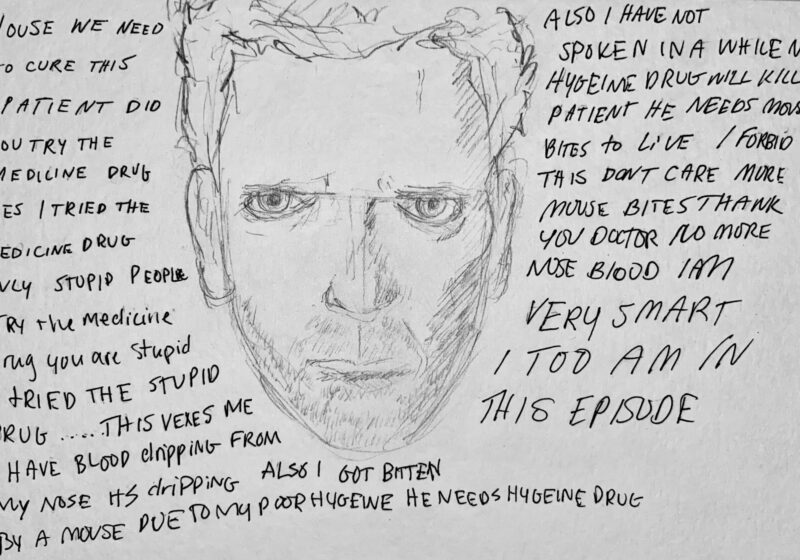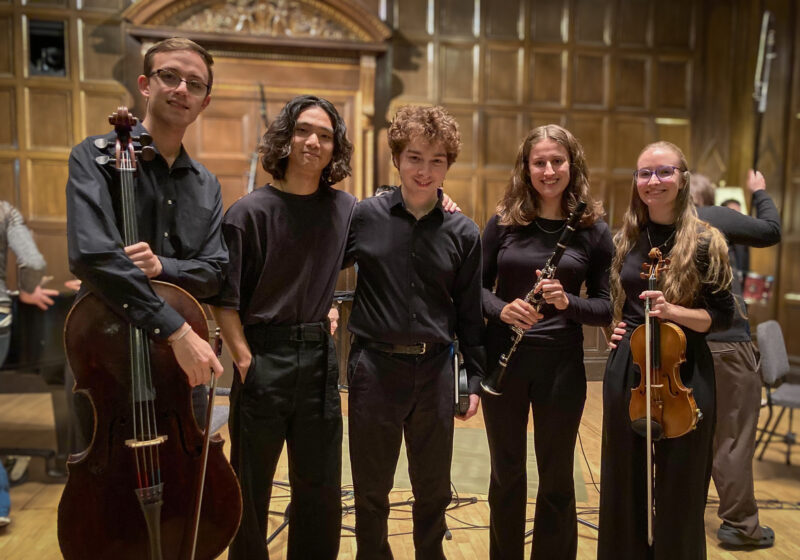Have you ever wondered why there is so much religious conflict in the world? Why do we stereotype? Why do we hurt and oppress each other when so many of our faiths call us to love and serve?
We may try to attribute these problems to the media or politics, but many of them draw fuel from our own misgivings and misunderstandings.
Think about it. How do we react when we meet someone who looks different from us or worships differently? If we want to achieve peace and understanding, are we willing to take that first step and reach out beyond religious boundaries?
This past weekend, through the Gandhi Institute for Nonviolence and the Interfaith Chapel, I had the honor of bringing together 100 students and community members to explore these ideas at our Interfaith Banquet. Though most of them had never met each other before, they possessed a quality that made that meaningless: They were eager to understand each other.
I have to admit, a few days before the event, I was nervous that our guests would not feel comfortable approaching people of other faiths. But only a few minutes after the program began, a Catholic student excitedly tapped me on the shoulder and exclaimed, “I want to meet more Muslims!”
The openness and sense of community I felt that night was heartwarming, to say the least. As Joshua Stanton, our guest speaker, facilitated dialogue activities, the room didn’t seem to be filled with people who two hours earlier had been strangers; rather, it seemed to be a gathering of friends sharing laughs, stories, and ideas.
In this environment where differences were accepted and faith was not a taboo topic of discussion, people were excited to seek out and befriend those who seemed unlike them, those who they were most curious about.
Sometimes, when religious conflict is discussed, people suggest that the best solution is to do away with religion entirely. But is religion really the issue? Through the Interfaith Banquet and events like it, I have realized that the problem actually lies in how we approach religious differences. When we dehumanize those who we think are not like us, we justify conflict, oppression, and even wars. If we instead draw on our shared humanity, we can then proudly say, “Yes, we are different, and that is beautiful.”
Bawany is a member of the class of 2015 and a “Davis Project for Peace” grant recipient.





